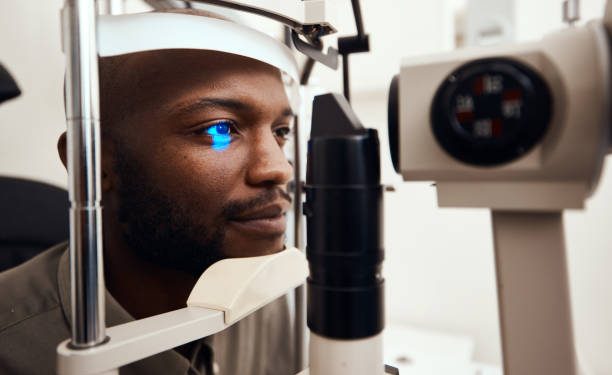The human eye, a marvel of intricate design and extraordinary function, is often taken for granted until its brilliance begins to dim. Our modern lifestyle, characterized by prolonged screen time, increased exposure to environmental pollutants, and minimal attention to eye care, has led to a surge in vision-related issues. However, armed with knowledge and adopting proactive measures, we can preserve our precious gift of sight. In this comprehensive guide, we delve into the realm of eye care, exploring essential practices and lifestyle changes that contribute to maintaining optimal visual health.
1. Nourish with a Nutrient-Rich Diet:
The foundation of eye care begins with nutrition. A diet rich in antioxidants, vitamins, and minerals is paramount for maintaining the health of the eyes. Foods such as leafy greens, carrots, berries, fish, nuts, and seeds provide vital nutrients like vitamin A, C, E, and zinc that bolster the eye’s defense against oxidative stress and age-related degeneration.
2. Hydration for Hyaluronic Health:
Adequate hydration plays a pivotal role in eye health by maintaining the viscosity of the vitreous humor, a gel-like substance that supports the shape of the eye. Proper hydration ensures optimal eye function and prevents dryness and discomfort, especially for those spending prolonged hours in air-conditioned environments.
3. The 20-20-20 Rule:
In the digital age, prolonged screen time has become ubiquitous. The 20-20-20 rule offers a simple yet effective strategy to reduce digital eye strain. For every 20 minutes of screen use, shift your gaze to an object at least 20 feet away for a duration of 20 seconds. This practice allows the eye’s focusing muscles to relax and readjust, mitigating discomfort and fatigue.
4. Shielding from Harmful Rays:
The ultraviolet (UV) rays emitted by the sun are not only harmful to the skin but also to the eyes. Prolonged UV exposure can lead to cataracts, macular degeneration, and other eye conditions. Wearing sunglasses with UV protection is essential when venturing outdoors to shield the eyes from these harmful rays.
5. Comprehensive Eye Examinations:
Regular eye examinations conducted by a qualified optometrist or ophthalmologist are crucial for detecting potential eye conditions in their early stages. Adults should have their eyes examined at least once every two years, while individuals with existing eye conditions or risk factors may require more frequent visits.
6. Prioritizing Sleep:
Quality sleep is vital for overall health, and it significantly impacts eye health too. During sleep, the eyes undergo essential repair and rejuvenation processes. Ensuring 7-9 hours of uninterrupted sleep each night aids in preventing eye strain, dryness, and redness.
7. Avoiding Smoking and Limiting Alcohol:
Smoking has been linked to a higher risk of age-related macular degeneration and other eye conditions. Similarly, excessive alcohol consumption can lead to dry eyes and an increased risk of developing cataracts. Cutting down on smoking and moderating alcohol intake are vital steps toward maintaining healthy eyes.
8. Proper Lighting and Ergonomics:
Creating an eye-friendly environment by optimizing lighting and workstation ergonomics is crucial, particularly for those working extensively on computers. Adequate lighting reduces eye strain, while proper ergonomics ensure that your screen is at eye level and you’re maintaining a comfortable posture.
Conclusion:
In an era where our eyes are subjected to an unprecedented barrage of digital screens and environmental stressors, prioritizing eye care is paramount. By embracing a holistic approach that encompasses nutrition, hydration, regular check-ups, and mindful practices, we can safeguard our vision and enjoy a life rich with visual experiences. Remember, nurturing your eyes is not just an act of self-care; it’s a commitment to cherishing the world they allow you to perceive. So, embark on this journey of eye care, and let your vision thrive for years to come.






























